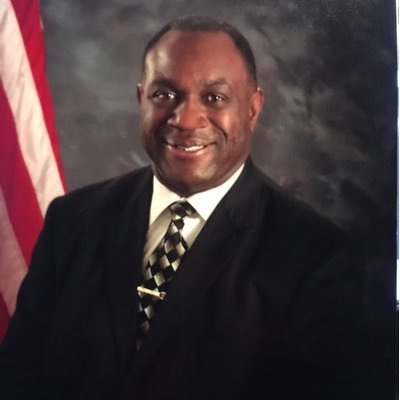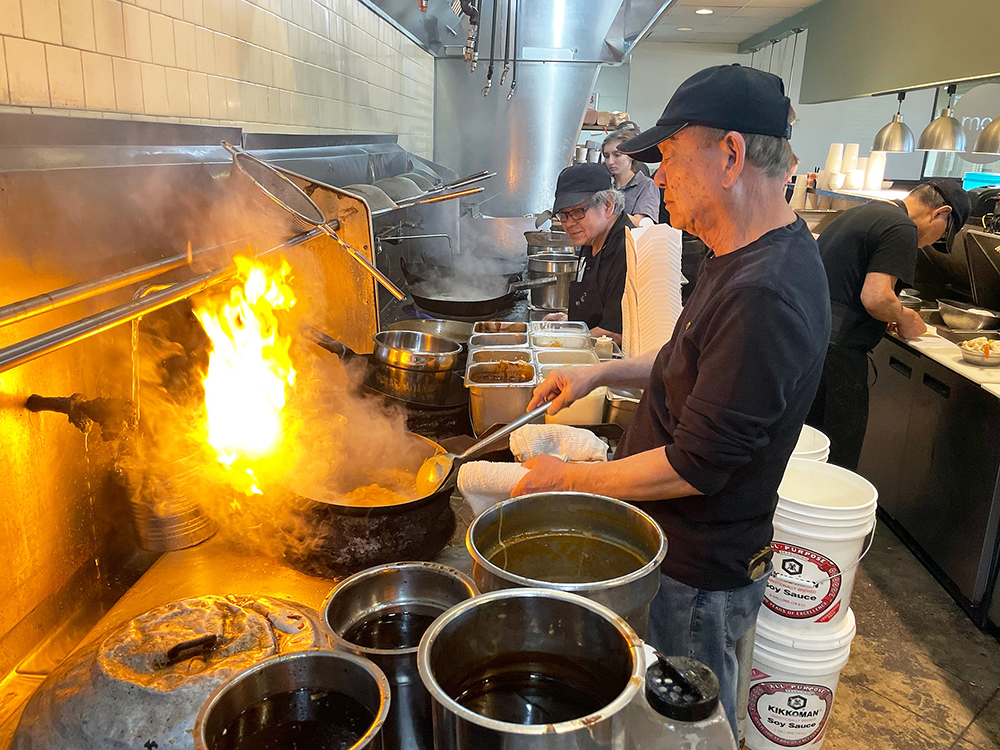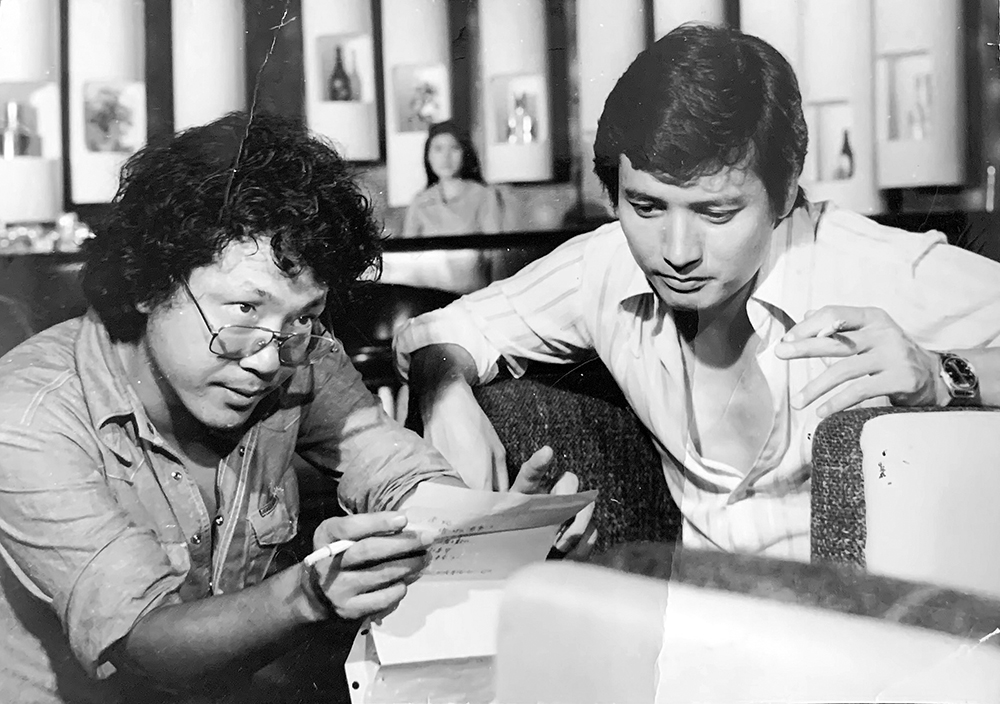A Bite of Memphis
TheatreWorks at The Evergreen
Friday, March 1, 7:30 p.m. | Saturday, March 2, 7:30 p.m. | Sunday, March 3, 2 p.m.
Good enough to eat? Maybe? I guess if you’re the type to eat words. Eat your words? Is that the saying? Uh, doesn’t matter. We’re talking about Lone Tree Live’s A Bite of Memphis, which you will want to dig into — metaphorically, obviously. This is a theatrical experience dramatizing interviews with chefs, restaurateurs, home cooks, food connoisseurs, and anyone who shares a passion for cooking and eating in Memphis. It’s a “journalistic form of dramatic storytelling,” and we at the Flyer support journalism in all forms and so should you. This weekend is your last chance to see the show, so purchase tickets ($20) here. Performances are Friday and Saturday at 7:30 p.m., and Sunday at 2 p.m.
Memphis Whiskey Warmer Festival
The Kent
Friday, March 1, 6-9 p.m.
Whiskey lovers, bundle up for an evening of live music, good food, and exceptional spirits at Memphis Whiskey Warmer, where you can sample premier whiskey, bourbon, and scotch. This event benefits Volunteer Memphis, so every sip counts. Purchase tickets here. General admission tickets ($59) include 15 whiskey tastings and access to all areas of the event, and VIP tickets get you early access to the event, plus access to premium, rare, and experimental whiskey offerings and complimentary light bites.
19th Annual Tree Planting
Wolf River Conservancy
Saturday, March 2, 10 a.m.-noon
I am the Lorax, and I speak for the trees, and the trees want to be planted. Help the Wolf River Conservancy plant over 1,000 native trees along Leath Bayou in New Chicago Park. Sign up to volunteer here.
Painting on the River Series: Women’s History Month
Cossitt Library
Saturday, March 2, noon
You’ve heard of rolling on the river, but painting on the river? Each week in March, Cossitt Library is hosting a painting class on the river with a different artist. First up is Sarai Payne. All materials are provided. Register for the event here.
Grind City’s Fermented Reality Limited-Release Party
Grind City Brewery
Saturday, March 2, noon-10 p.m.
This ain’t a 100 bottles of beer situation. No, this is eight beers. Limited beers. Released at noon and available on Saturday while supplies last. Once the beer is gone, it’s gone foreverrrrrrr. This free, family- and pet-friendly event will be filled with food, live music by Charvey Mac and Walt Phelan Band, games, and much more. (P.S. The next day Grind City is hosting the Grind City Music Festival at South Main Sounds with Raneem Imam performing. More info here.)
Dog Beauty Pageant
Crosstown Brewing Company
Saturday, March 2, 1-3 p.m.
You look like a dog. A very cute dog. A dog who could win the Dog Beauty Pageant this weekend. So bring your good boys and girls and help them get the recognition they deserve. Prizes will be offered for “best dressed,” “cutest puppy,” “best rescue story,” and “best overall dog.” Chi Phi food truck will be slinging dogs (not, like, the puppy dogs we’re assuming; we’re assuming hot dogs, etc.) and Phillies to eat. The Bluff City Backsliders will be playing from 3-6 p.m.
Pete Davidson
Minglewood Hall
Saturday, March 2, 6 p.m. & 8:30 p.m.
Pete Davidson of SNL and celebrity boyfriend fame is bringing his Wellness Check tour to Memphis’ Minglewood Hall for two shows. This event will be a phone-free experience. Purchase tickets ($60-$105) in advance here.
Awadagin Pratt: Piano Prowess
Germantown Performing Arts Center
Saturday, March 2, 7:30 p.m.
Hey! According to Rent, there are 525,600 minutes in a typical calendar year, but on leap years, you get 527,040 minutes. That means an extra 1,440 minutes this year. So what to do, what to do? Well, maybe you could go see Awadagin Pratt in performance at GPAC as he gives the Memphis premiere of Jesse Montogmery’s Grammy-winning Rounds, co-commissioned by Iris Collective and inspired by the epic poem “Four Quartets” by T.S. Eliot. Tickets ($45-$70) for the show can be purchased here. On Sunday at 3 p.m. at University of Memphis’ Harris Hall, Pratt will also screen his film Awadagin Pratt: Black in America, which reveals his climb to fame and is a candid conversation about what it is like to be a person of color in the United States. Pratt will play for the audience, and a panel discussion will follow the film. Tickets for the event are pay-what-you-can and can be purchased here.
Boogie Nights!: A ’70s Disco Funk Dance Party
Black Lodge
Saturday, March 2, 10 p.m.
Throw on your best polyester suit, dance dress, big hair, bellbottoms, or any ’70s digs, and get lost in time to some of the best ’70s disco tracks, club hits, dance soul, and funk beats ever made. Expect videos, commercials, clips, and other ’70s pop culture eye candy on the screens all night by Lodge VJ and co-owner Queen Bea Arthur and lighting by Klamental. $10. 18+.
Science Cafe
Abe Goodman Golf Clubhouse
Tuesday, March 5, 5:30 p.m
Wind down from the workday by learning something new over drinks. Join Overton Park Conservancy for a happy hour with guest speakers who will share unique perspectives from their corners of the scientific world. This month’s topic is the Hydrogeology of the Memphis Sand Aquifer with Sarah Houston and Scott Schoefernacker of Protect Our Aquifer, as they speak on balancing aging infrastructure, explosive growth, and sustainability. Be ready to learn, ask questions, and celebrate the Memphis Sand Aquifer in honor of World Water Day in 2024. Register here. $5/recommended donation.
There’s always something happening in Memphis. See a full calendar of events here.
Submit events here or by emailing calendar@memphisflyer.com.
















